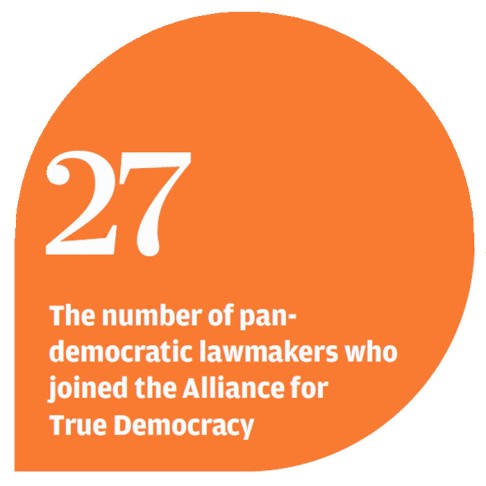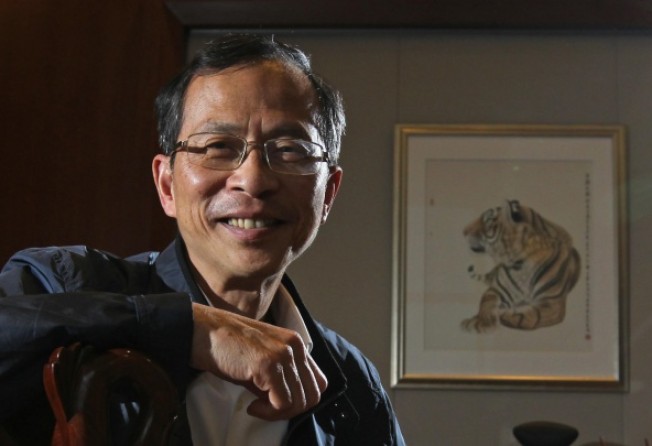
Cross-party platform could solve deadlock over reform
Civic Party leader suggests an end to media discourse and the start of discussion in forum like the Basic Law Consultative Committee

A cross-party platform similar to the format of the Basic Law Consultative Committee established almost three decades ago could help bring about a breakthrough to the apparent political deadlock in the electoral reform, a leading pan-democratic lawmaker suggests.

His call came amid a heated debate in recent months between pan-democrats and pro-Beijing figures who demonstrated huge differences in the understanding of the city's democratic development, notably on achieving universal suffrage in the 2017 chief executive election.
"Instead of talking to one another through the media, it is high time a platform was constructed [so that] people harbouring different views could sound out one another, touch base and deal with the supposed worries and anxieties of different factions in our society," Leong told the South China Morning Post last week.
He said Tsang was "very well-placed" to do the job, as the Legco president could make sure everybody had a fair opportunity to speak. Fan and Leung were also people with integrity and trusted by the leaders in Beijing.
"They should seriously consider [spearheading the initiative] if they mean to do Hong Kong good, especially when we are saddled with the chief executive who… is not doing it," he said. "Then I suppose anyone can start this initiative."
The Basic Law Consultative Committee was established in 1985 to canvass views on the drafts of the mini-constitution. It was formed purely of Hongkongers, including business leaders, unionists, judges, academics and democrats.
Leong suggested that the platform could hold closed-doors meetings in its initial stages, but as it progressed the meetings should be public. The minutes should also be published after each meeting. "Everything must take place under the sun," he said.
"Beijing should, by now, have understood that any closed-door, black-box operation is not going to be conducive to success. You could be sacrificing your political credibility simply by walking into the black box."
The government has so far refused to launch a consultation on the electoral reform, although the debate is heating up.
The Alliance for True Democracy, a coalition of 27 pan-democratic lawmakers from 12 groups, is set to unveil its first proposal for electing the chief executive by the end of next month.
The Occupy Central plan, proposed by University of Hong Kong associate professor Benny Tai Yiu-ting to pressure Beijing for the city's democracy, will also hold its first "deliberation day" on June 9 to set the agenda of the civil disobedience movement.
Albert Ho Chun-yan, of the Democratic Party, echoed Leong's view as he said a dialogue would do no harm to the current atmosphere.
"But the target of the dialogue should be Beijing," he said. "The pro-establishment camp is pragmatic. They would not say no if Beijing said yes," Ho said.
Tam Yiu-chung, chairman of the Democratic Alliance for the Betterment and Progress, said there were already plenty of platforms to exchange views on the political reform and it might not need such a high-level body.